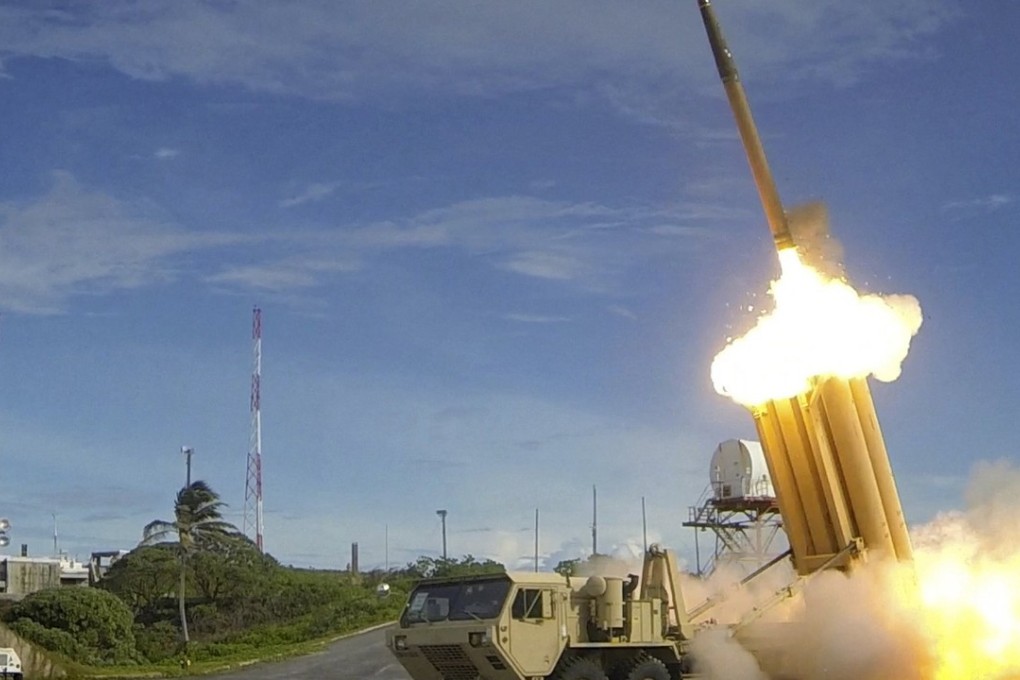
Taking wrong approach to missile system
The US’ newest missile defence system has really got the Chinese government riled.
The purpose of deploying the system in South Korea is to safeguard the country from attacks. It isn’t meant to bolster Seoul’s missile arsenal, as it is not an offensive system. The projectiles are designed specifically for defensive purposes. The ruffling of feathers comes from the increased visibility that the missile system’s radar guidance allows. China is afraid that Korea will have a much better view of the peninsula than it does now and will extend further into the South Pacific and cover areas of the shoreline of mainland China.
So the response is to do a live test of weaponry that is being stated as specifically designed to take out THAAD or nullify its ability to function. So again, the question is, why. Unless you want the South Korean peninsula to be vulnerable to attacks from the unstable country to its north, why would you want to destroy a “shield”? It’s not like you are safeguarding your own country any more; you are literally just ensuring that you can remove the safeguards from another weaker one.
America is no innocent partner in this either. It knows that, by egging on the most powerful country in the region, it can attempt to destabilise China’s financial grip on Asia. It is pitting countries against each other as well for its own personal gain and spreading its influence in the region.
This attitude of militarisation is exactly what is getting the world in trouble. If China really wanted to solve this problem, it would do more to make sure its North Korean ally was a toothless cobra. Instead, it needs to flex its military muscle to show North Korea that if things go down, then it has Pyongyang’s back. Someone needs to be the bigger country in this instance and sadly no one is stepping up.